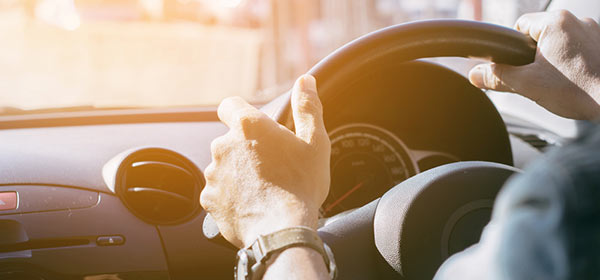Hiring a car when overseas is a good way to get about under your own steam and gives you maximum flexibility, but too often people return a hire car only to be hit by a whopping bill, so what can you do to minimise the likelihood of any issues arising?
Q. Jack
I am travelling overseas and need to rent a car. Are there any terms or conditions that I should be aware of before I sign on the dotted line?
A. Car hire companies vary greatly when it comes to policies and insurance cover. You can minimise any problems that may arise by making sure that you have done the following:
- Before travelling contact the car hire company to ask what are the licensing requirements. in most English-speaking countries you will be able to drive without an International licence, but it’s better to check. Also, you may wish to ask about any upper age limit the company may have.
- Inspect the car when you receive it and make note of any pre-existing scratches or dents. It doesn’t matter how small or insignificant they seem. Get your car hire company to sign this sheet of paper and make a copy of it for you. Taking some photos on your mobile phone or camera can also protect you as you will have photographic evidence should any issues arise.
- Before you pay the extra premium to reduce your insurance excess check you travel insurance, as the excess is often covered. Also, most car hire companies will hold an amount equivalent to the excess from your credit card, and can take some time to refund it, so make sure you have scope within your credit limit to accomodate.
- If you plan to take your car on a ferry, make sure that the terms and conditions allow you to do so.
- If you are crossing borders or going between countries in Europe, you might like to make sure the terms and conditions allow interstate or inter-country travel. Do you have to return the car to the point of origin? Or can you drop it off at another point on your journey?
- Make sure you know exactly what sort of damage is covered by your insurance. This can be as simple as a dent in the car park or damage caused by hitting an animal which is crossing the road.
- If you think you may be using toll roads, ask about the protocol for paying the toll so that you can avoid hefty fines. Each country differs and just asking the question can save you a lot of money.
- Ensure you have details of emergency contact numbers just in case anything happens while you are driving. Do you know who to contact if you have an accident, breakdown or mechanical issue?
- Check where the car should be dropped off. if dropping off at an airport, this is likely to be a different location to where you collected the car. Give yourself plenty of time before any flight departure to complete the return procedure.
- Make sure you know exactly how the rental company wants its car returned and to where it is to be returned. Does it require you to wash it, fill up the tank etc?
If you take care to address these points, you are minimising any risks or costs that may be incurred.
Related articles:
Travel SOS: driving in Spain
Travel SOS: driving in the US
Am I too old to be hiring a car?

